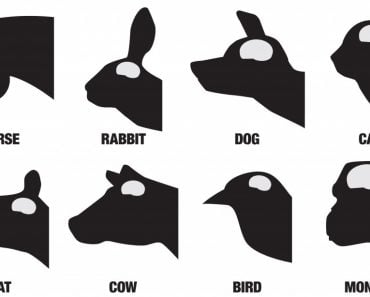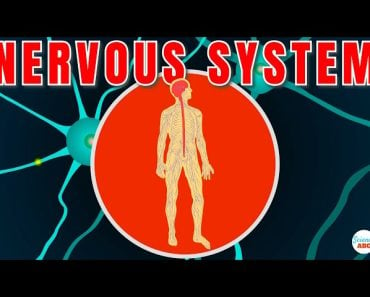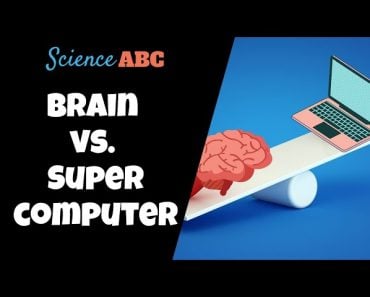Table of Contents (click to expand)
The cognitive practice of thinking does burn calories, but this utilization of energy is not massive enough to affect the individual on the whole.
There you are, sitting at your window, staring outside, and thinking of all the possible ways you could utilize your time. You may be overthinking a little bit, but while you sit there, supposedly doing nothing at all, your body is actually burning calories. Yes, you read that right. Your body is burning calories even as you sit in your chair, letting your mind wander. Surprising, right?
More specifically, your brain is gobbling up calories even when you are sedentary in your seat. Yet how is that possible? In order to understand this phenomenon, we need to understand how the brain functions.
Recommended Video for you:
Brain: The Energy Gobbler
The brain is a human being’s central organ that maintains all bodily functions and is kept isolated from the rest of the body. It is well protected by our hard cranium (the skull) and the strong meninges. The brain accounts for just 2% of the body’s weight, yet utilizes about 20% of the body’s energy.
Most of the energy the brain gets is from breaking down glucose, the brain’s favorite food. The blood continuously feeds glucose to the brain, since the brain cannot store the glucose itself.
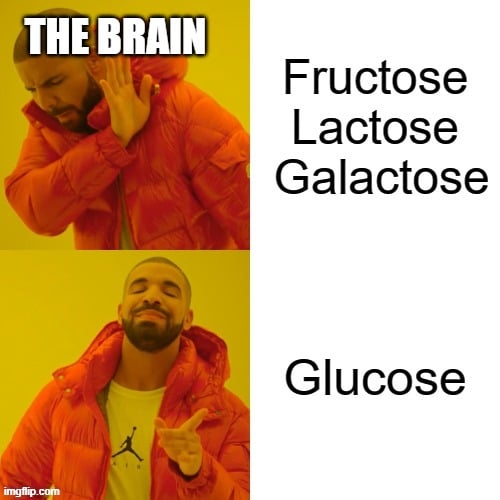
Basically, your brain is doing a lot, even when you’re doing nothing!
What’s The Brain Doing To Consume So Much Energy?
To talk about the different functions of the brain is like talking about each individual drop in the ocean! Your brain is working continuously, even when you sleep. Different parts of the brain have different functions and their efforts, in unison, bring about particular actions. Even in its idlest state, the brain does a lot of work.
Your neurons are always firing to keep you alive, and it takes a lot of energy for a neuron to pass an impulse along. The brain operates continuously as it takes care of a wide range of actions. It receives stimuli, sends responses, monitors involuntary actions, and maintains homeostasis. It is also in continuous communication with the body’s internal organs. All of this requires a minimum amount of necessary energy called the ‘Baseline Energy Requirement’.
Imagine if you were sitting and actually thinking about a complex problem or trying to calculate how much money you’d need to save to buy that new phone. My oh my! The amount of calories your brain will burn during these mentally intense must definitely increase. Or will they?
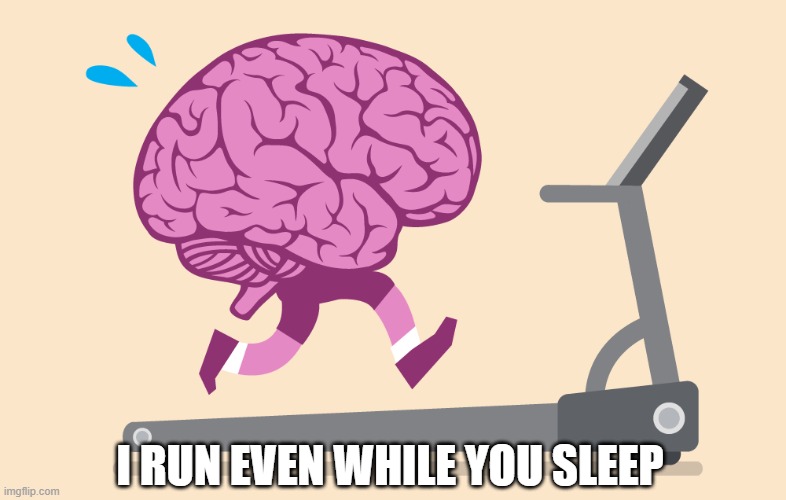
How Does The Brain Utilize Energy?
The brain utilizes about 300 calories per day to keep things in order. Over and above that baseline, cognitive tasks like learning, thinking, and calculating might cause an increase in metabolism in the brain.
Several studies are being conducted to understand how the brain uses energy. Studies conducted using neuroimaging techniques have indicated that there is an approximate 10% increase in the rate of cerebral glucose metabolism when subjects are made to perform the Wisconsin card sorting test (a neuropsychological test).
The test required participants to classify each card based on the number, the shape or the color of the symbols on the card. Feedback is given on whether the card classification is correct or not. Based on this, the participant can better understand the classification pattern. Furthermore, after 10 cards, the classification changes.
The increase in glucose uptake during this test was accompanied by an increase in the flow of blood to the brain.
In further research, scientists tried to quantify the number of calories consumed by the brain. It was found that on average, the entire brain consumes about 0.25 calories per minute. A cognitive task was seen to cause an approximate 1% increase across the entire brain. For example, imagine that the cognitive task was carried out for about 5 minutes. The brain would thus consume about 0.01 X (5 minutes X 0.25 calories/minute) = 0.0125 calories over and above the baseline (0.25 x 5 =1.25 calories). Hence in this case, the total caloric consumption due to the task would be 1.2625 calories. These figures are approximate and very dynamic. Research for procuring absolute figures is ongoing.
Even then, this isn’t significant enough to notice. Pacing around the room might help you burn more calories than that.
However, the amount of calories utilized by the brain while carrying out cognitive tasks is still being researched. So far, there is some evidence that performing difficult tasks like learning a new language or performing maths might increase the brain’s glucose usage.
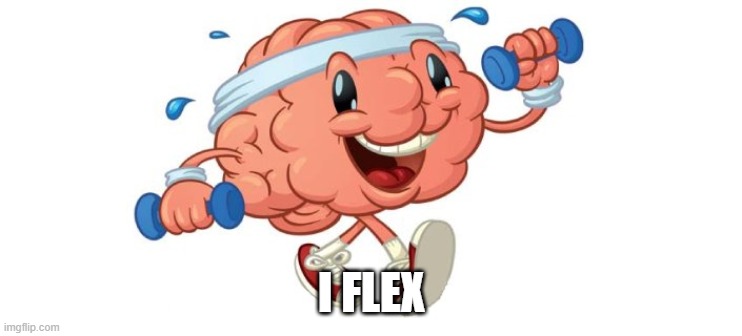
Think A Lot, Burn A Lot?
Well, it might come as no surprise if you are reading this, smirking, and thinking of cheating your way to your target weight. ‘What if I could pave my way to a slim body by thinking a lot?’ Alas, you won’t have much luck with that.

When we talk about increased calorie utilization, the overall change in the body’s glucose consumption is minute. Solving mathematics will increase the glucose uptake in the brain by no more than 20 calories of the 300 calories (baseline energy requirement). Hence, the increase in calorie utilization is trivial in comparison to the brains’ overall energy consumption.
Also, if mental tasks have to burn up large amounts of calories, they have to be performed for really long hours at a stretch. You could burn a chunk of calories if you solved math problems all day long, but again, under normal conditions, this doesn’t take place, as we all have our individual cognitive thresholds.
We do tend to take breaks when we are ‘saturated’ by a particular task. Most of us prefer eating during these breaks. At this time, the calorie intake from the food consumed is much higher than the calories burnt by the mental task, making the overall ‘calorie-burning’ effect quite insignificant. Even if we don’t eat, our mathematics exercises have done very little for our long-term or measurable weight loss.
While solving math problems all day would burn less than 20 calories, a 30-minute walk could help you burn 150 calories. More strenuous activities will lead to burning more calories. Thus, burning calories from physical exercise will do us far more good.
While ‘thinking’ gives our brains a boost and jogs our memory, what could really help us lose weight is going on an actual jog!
References (click to expand)
- Each Organ Has a Unique Metabolic Profile - Biochemistry - NCBI Bookshelf - www.ncbi.nlm.nih.gov
- Mergenthaler, P., Lindauer, U., Dienel, G. A., & Meisel, A. (2013, October). Sugar for the brain: the role of glucose in physiological and pathological brain function. Trends in Neurosciences. Elsevier BV.
- Hernandez-Peon, R., & Sterman, M. B. (1966, January). Brain Functions. Annual Review of Psychology. Annual Reviews.
- Raichle, M. E., & Gusnard, D. A. (2002, July 29). Appraising the brain's energy budget. Proceedings of the National Academy of Sciences. Proceedings of the National Academy of Sciences.
- REVIEWS - www.biac.duke.edu
- Fox, P. T., Raichle, M. E., Mintun, M. A., & Dence, C. (1988, July 22). Nonoxidative Glucose Consumption During Focal Physiologic Neural Activity. Science. American Association for the Advancement of Science (AAAS).
- Madsen, P. L., Hasselbalch, S. G., Hagemann, L. P., Olsen, K. S., Bülow, J., Holm, S., … Lassen, N. A. (1995, May). Persistent Resetting of the Cerebral Oxygen/Glucose Uptake Ratio by Brain Activation: Evidence Obtained with the Kety—Schmidt Technique. Journal of Cerebral Blood Flow & Metabolism. SAGE Publications.
- Kurzban, R. (2010, April 1). Does the Brain Consume Additional Glucose during Self-Control Tasks?. Evolutionary Psychology. SAGE Publications.
- Calories burned in 30 minutes for people of three different weights - Harvard Health - www.health.harvard.edu






